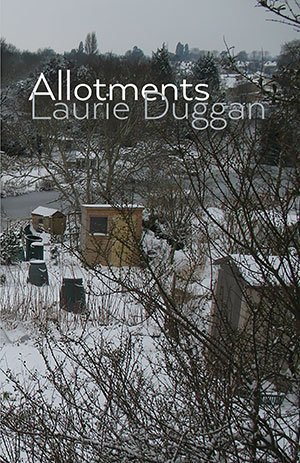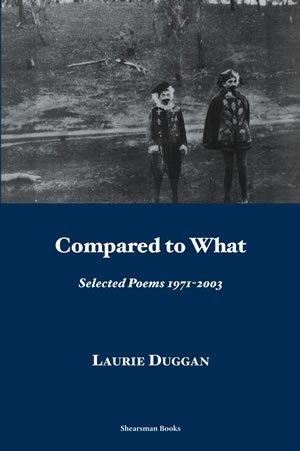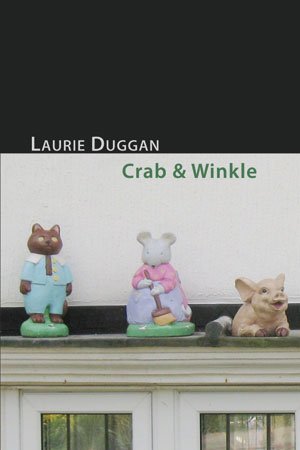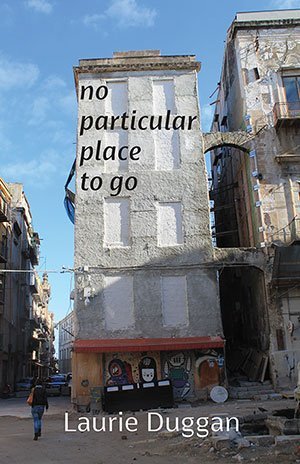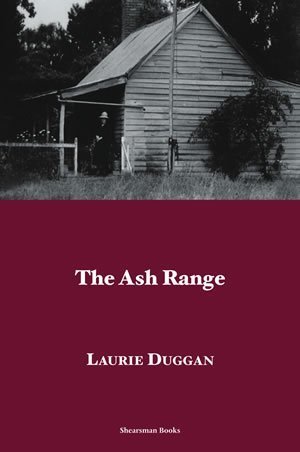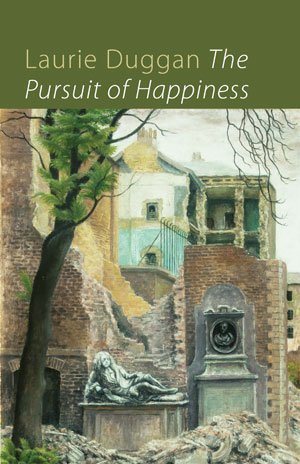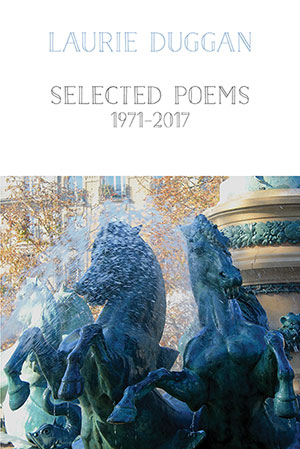Laurie Duggan was born in Melbourne in 1949. His books include The Ash Range
(since republished by Shearsman), which won the Victorian Premier's New Writing Award; The Epigrams of Martial
, winner of the Wesley Michael Wright Prize; Mangroves
(UQP), selected as The Age
Poetry Book of the Year in 2003, and winner of the 2004 ASAL Gold Medal; and Selected Poems 1971–2018
(Shearsman). Ghost Nation: Imagined Space and Australian Visual Culture, 1901–1939
, was published by University of Queensland Press in 2001. Subsequent books include Crab & Winkle
, The Pursuit of Happiness
and Allotments
(all Shearsman), and The Collected Blue Hills
(Puncher & Wattman). In the early 2000s he was a Senior Lecturer/ Writer-in-Residence in the School of Arts, Media and Culture at Griffith University in Brisbane and an Honorary Research Advisor in the Australian Studies Centre at the University of Queensland. In 2006 he moved the UK and lived in Kent, only to return to Australia in 2019.
"Mr Duggan is a stylist in an area of poetry where style is notoriously difficult to maintain… a form which demands absolute sureness of touch if it is not to collapse like a shattered mosaic. His lyrics of circumstance… catch the tone and peculiarity of urban Australia convincingly… He makes structures which are more than the facts and opinions they employ. That, I think, is poetry." —Peter Porter
“Laurie Duggan does so many kinds of poem well it’s too much of a task to adequately convey his range and skill. He’s written something of a geographical narrative called The Ash Range
which perhaps owes as much to William Carlos Williams’ Paterson
as anything else. His translations of Martial’s Epigrams
are much admired by Hugh Kenner; and the late Peter Whigham, before his recent, tragic death, had been actively encouraging Duggan in these translations.” —August Kleinzahler, Poetry Flash
“Duggan’s poetry has the virtue that it never ‘abandons the local’. Like Paul Blackburn — a poet Duggan manifestly admires — he builds his work out of what he finds in, on or about the premises.” —Tony Baker, Jacket


